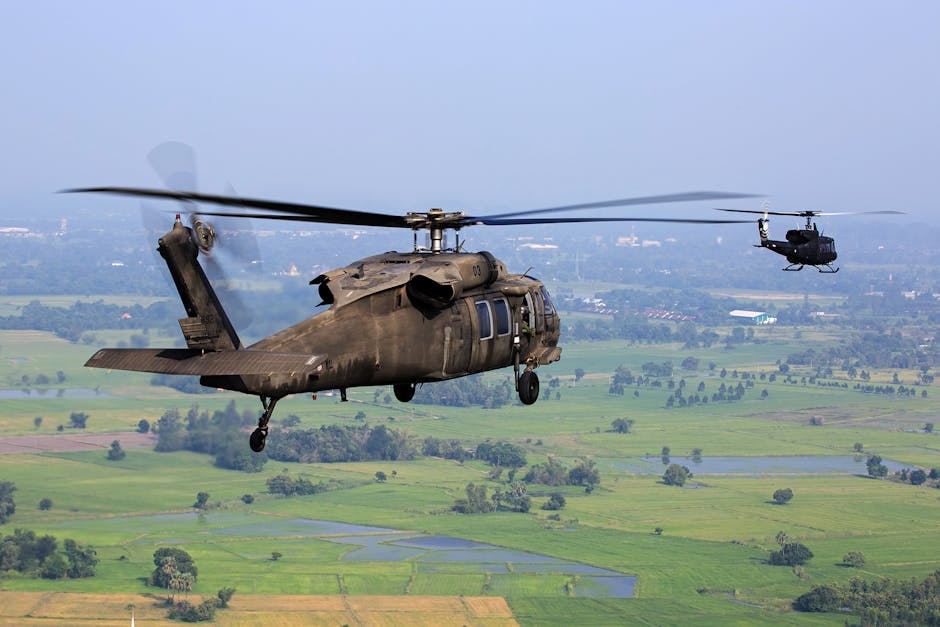Deadly Drone Strike Ignites Border Tensions
BEIRUT – The volatile Lebanon-Israel border is on the verge of a major escalation after a deadly cross-border incident prompted Lebanese President Michel Aoun to issue an unprecedented directive for the army to “confront” any Israeli aggression. This direct order marks a significant departure from typical diplomatic condemnations and has amplified tensions across the region.
The flashpoint was a suspected Israeli drone strike late Tuesday that targeted a vehicle near Kfarchouba, a disputed village in southern Lebanon near the UN-demarcated Blue Line. Sources confirmed the strike killed at least one individual, reportedly a mid-level field commander for Hezbollah, the powerful Iran-backed militant group that holds significant influence in southern Lebanon.
Aoun’s Unprecedented Directive: ‘Confront Israeli Aggression’
In a powerful statement from the Baabda Palace, President Aoun framed the incursion as a “flagrant violation of Lebanese sovereignty and UN Security Council Resolution 1701.”
He added, “I have instructed the Army Command to take the necessary measures to confront any and all Israeli aggressions. The era of one-sided violations is over. The defense of our land and our people is a sacred duty.”
This declaration is a major shift. While Israeli reconnaissance drones are common in Lebanese airspace and occasional strikes have occurred, a direct order from Lebanon’s Aoun for the state army—the Lebanese Armed Forces (LAF)—to actively engage the Israel Defense Forces (IDF) opens a dangerous new chapter.
Israel’s Stance: Preemptive Defense Against Hezbollah
From its perspective, Israel asserts its actions are defensive and preemptive. It aims to prevent the further entrenchment of Hezbollah, which it considers a primary terrorist threat on its northern border. While the IDF has not officially commented on this specific strike, it has consistently maintained its policy of preventing the transfer of advanced weaponry to Hezbollah in the region.
Lebanese Army in a Precarious Position
President Aoun’s directive places the LAF in an extremely challenging situation. Lebanon’s military is already under-resourced due to the country’s severe economic collapse and now holds a political mandate to confront one of the world’s most advanced armies. It must also navigate the complex reality of operating in a region where Hezbollah’s military power often surpasses that of the state.
Analysts are now debating whether Aoun’s order is a literal military command or a high-stakes political move to reassert state authority and rally a deeply fractured nation.
International Concerns: UN Peacekeepers in the Crossfire
The escalation is being watched with grave concern internationally, particularly by nations contributing to the United Nations Interim Force in Lebanon (UNIFIL). An Indian battalion of over 900 soldiers, for example, is a key part of UNIFIL‘s peacekeeping mission.
These troops are stationed in the very sector where tensions are highest, tasked with monitoring the cessation of hostilities. Any direct military clash between Lebanon’s army and Israeli forces would place UN peacekeepers squarely in the line of fire, complicating their mandate and threatening their safety. The world now watches the Blue Line, waiting to see if diplomacy can de-escalate the crisis before it spirals into a wider conflict.




